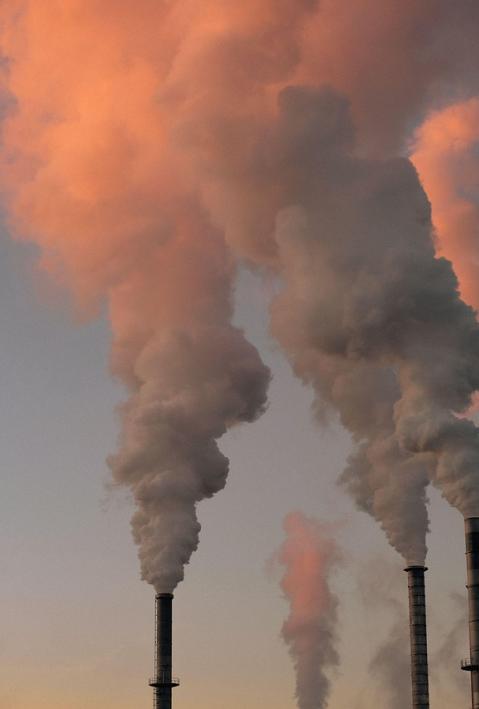On behalf of the Korean Energy Economics Institute (KEEI), adelphi research conducted a joint internal study to advance the decarbonisation of hard-to-abate industries through Germany-Korea cooperation on Carbon Contracts for Difference (CCfD). The study analysed the status quo, challenges, and decarbonisation trends in the steel, chemical, and cement sectors in both countries, and provides actionable recommendations for bilateral collaboration.
Hard-to-abate industries are central to achieving climate neutrality, yet face significant barriers due to high emissions, technological lock-in, and cost challenges. The joint study by adelphi research and KEEI delivers an in-depth assessment of these sectors, examines the structure and policy frameworks of CCfD mechanisms and evaluates South Korea’s readiness for CCfD adoption. It further identifies synergies and concrete areas for deploying CCfD as a key instrument for climate and industrial policy in both countries.
The research focuses on how Germany and South Korea can leverage CCfD to drive industrial decarbonisation, enhance competitiveness, and support long-term carbon neutrality goals. By exploring policy environments, international experiences, and innovation ecosystems, the study was able to uncover opportunities for strengthening bilateral cooperation and accelerating the transition to low-carbon industry.
adelphi research’s contribution
adelphi research conducted a comprehensive analysis of the hard-to-abate industrial sectors in Germany, with a particular focus on the steel, chemical, and cement industries. Building on this, adelphi examined the structure, policy frameworks, and current status of CCfD mechanisms in Germany, and provided a comparative perspective on international CCfD applications. In close cooperation with KEEI, adelphi developed recommendations for Germany-Korea collaboration in the deployment of CCfD. The study underscores the importance of a strong partnership between Germany and South Korea to overcome decarbonisation challenges in industry.

